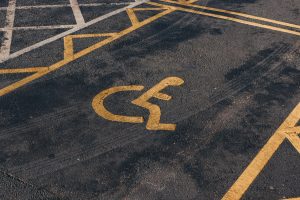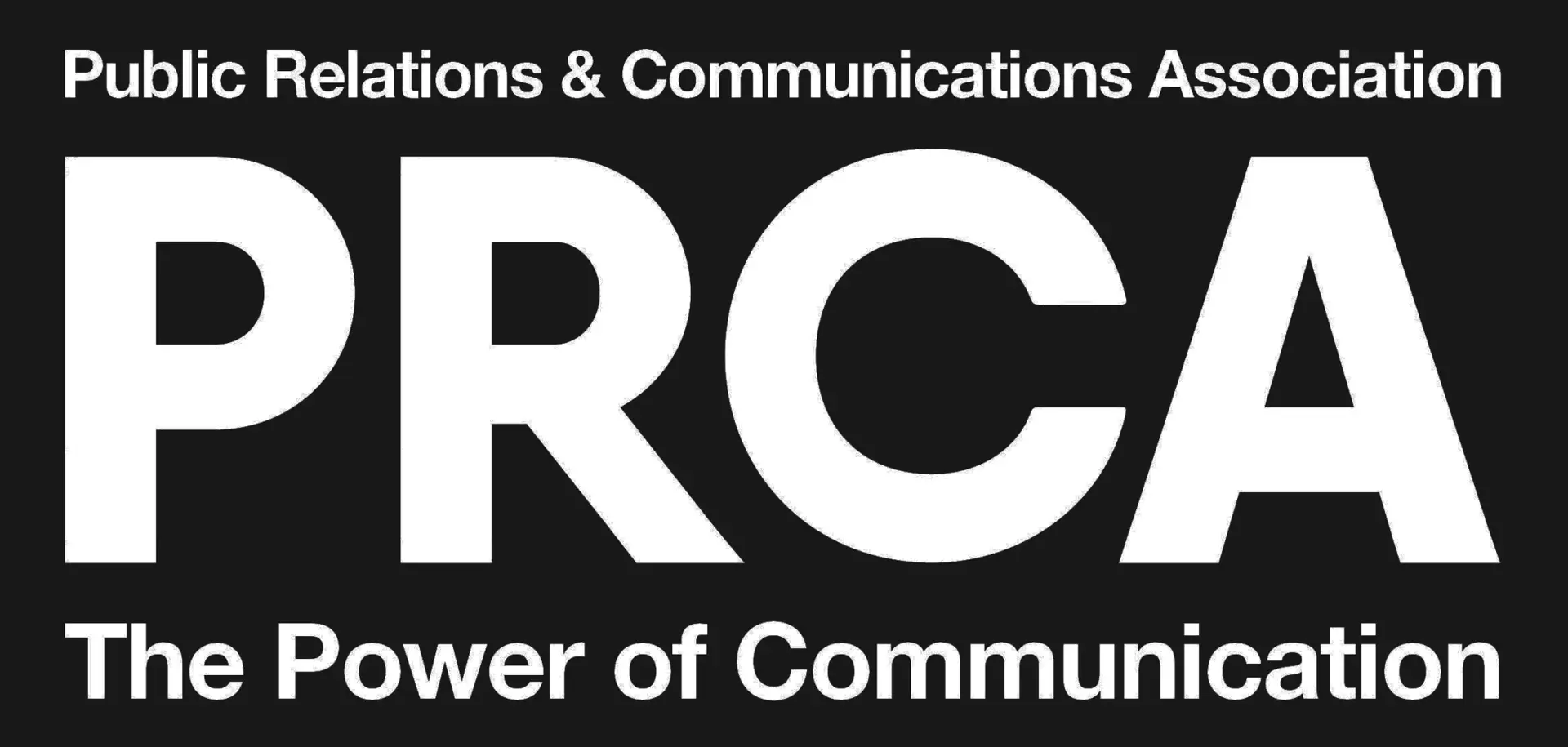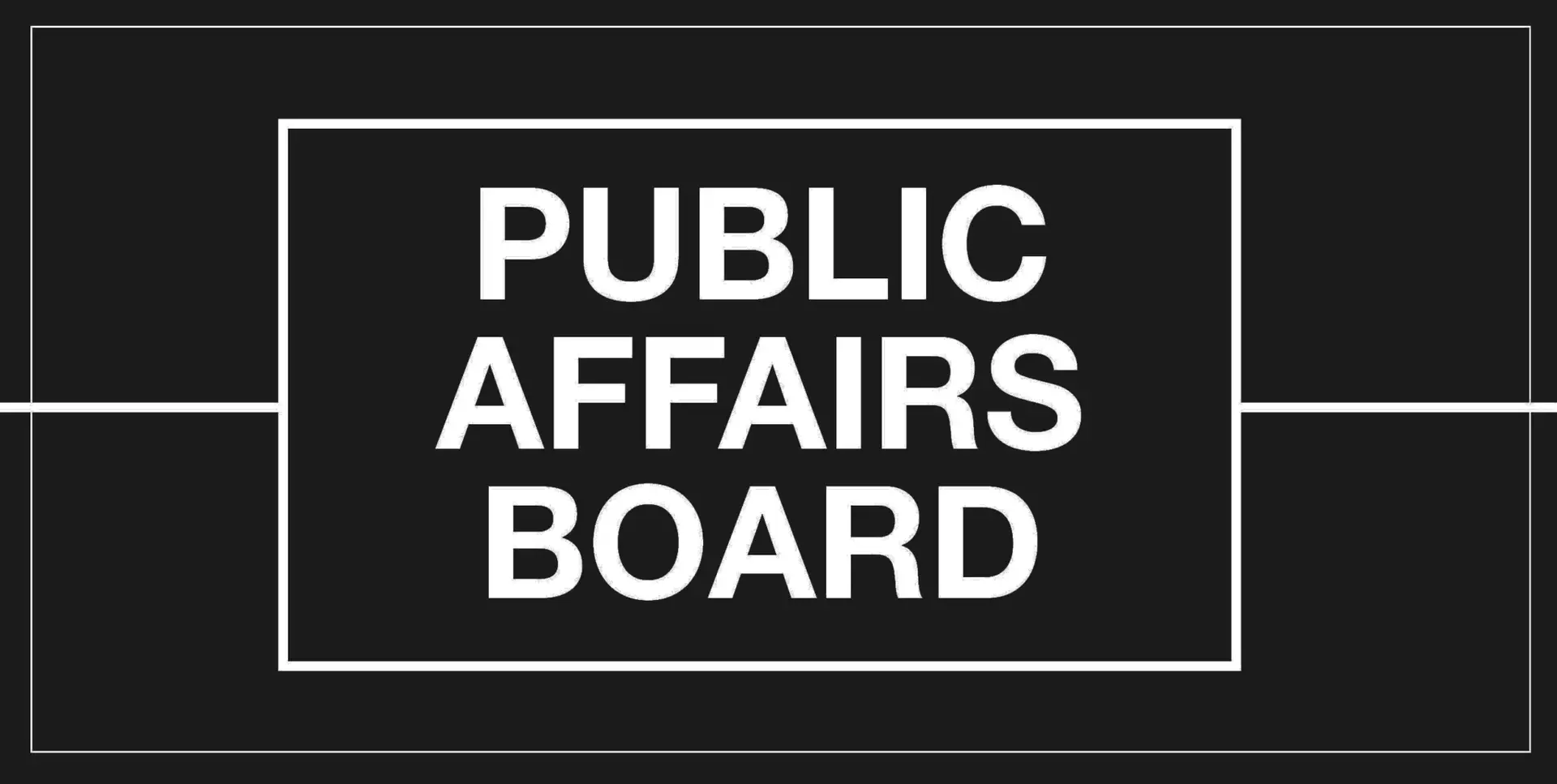Brevia Consulting is providing a weekly round-up and analysis of the UK headlines. This week, read about the Business Secretary’s latest energy announcements, Tory rebellions over the Levelling Up and Regeneration Bill, and Ian Blackford’s resignation as Leader of the Scottish National Party.
STRING OF NEW ENERGY ANNOUNCEMENTS
The Secretary of State for Business, Energy and Industrial Strategy, Grant Shapps MP, unveiled a series of new energy initiatives this week as part of the Government’s aim to strengthen domestic energy security.[1] Aside from confirming final agreement on the Government’s £679 million stake in the Sizewell C nuclear power plant, Mr Shapps also set out plans to move forward with a new ‘Energy Awareness Campaign’ that will support households improve their energy use and reduce energy bills. Mr Shapps also confirmed the return of the previously benched Energy Bill, citing the important role that the Bill will play in establishing the necessary business models to support industries such as hydrogen and carbon capture. However, little information was provided on the timing of the Bill’s return, other than that its passage will be ’dependent on the parliamentary timetable’.
BACKBENCH REBELLIONS SPELL TROUBLE FOR SUNAK
The Government is facing simultaneous revolts from two different groups of Tory backbenchers over the Levelling Up and Regeneration Bill. Nearly 60 Conservative MPs have signed an amendment that would abolish mandatory housebuilding targets in England.[2] Separately, over 30 have backed former Levelling Up Secretary Simon Clarke’s amendment which seeks to lift the ban on onshore wind farms.[3] Only a handful have signed both. The moves underline the difficulties that the Prime Minister faces in governing his own party, with a vote on the Bill this week already pulled. Opposition votes could help defeat the housebuilding amendment but also ensure Tory rebels win on onshore wind. Any combination of results is likely to enflame party management issues further.
BLACKFORD STEPS DOWN AS SNP’S WESTMINSTER LEADER
On 1 December 2022, Ian Blackford MP stood down as the leader of the Scottish National Party (SNP) in the UK Parliament. In his resignation statement, Blackford said he believed it was time for ‘fresh leadership’. However, commentators have highlighted that Blackford’s decision comes after speculation that some SNP MPs were planning to replace him as their leader in Westminster. This came as a consequence of Blackford being recorded encouraging his colleagues to support SNP MP Patrick Grady, who was suspended for sexual misconduct. Blackford has confirmed his intention to continue as the MP for Ross, Skye and Lochaber.[4]
BREVIA CONSULTING PROVIDES STRAIGHTFOWARD POLITICAL AND COMMUNICATIONS SUPPORT TO BUSINESSES AND ORGANISATIONS
Discover how Brevia can help you and your organisation by contacting the Brevia Team on 020 7091 1650 or emailing us at contact@brevia.co.uk
Notes
[1] Department for Business, Energy & Industrial Strategy, ‘UK Government takes major steps forward to secure Britain’s energy independence’, 29 November 2022, Link
[2] Levelling-up and Regeneration Bill, As Amended (30, November 2022) Link
[3] Ibid.
[4] BBC News , ‘Ian Blackford to stand down as SNP leader at Westminster’, 1 December 2022, Link







